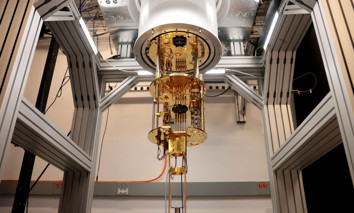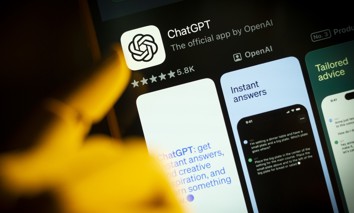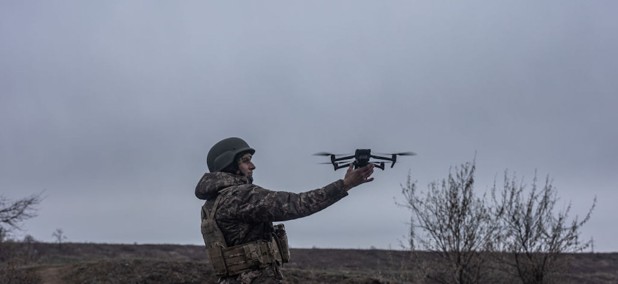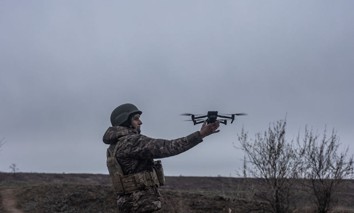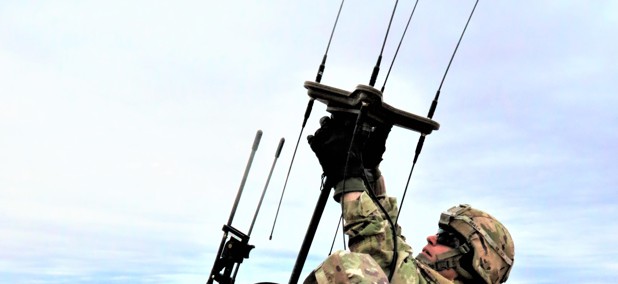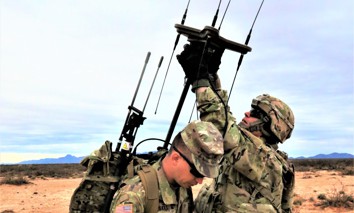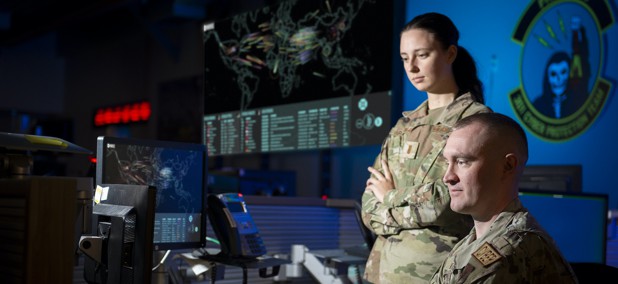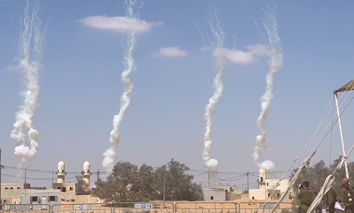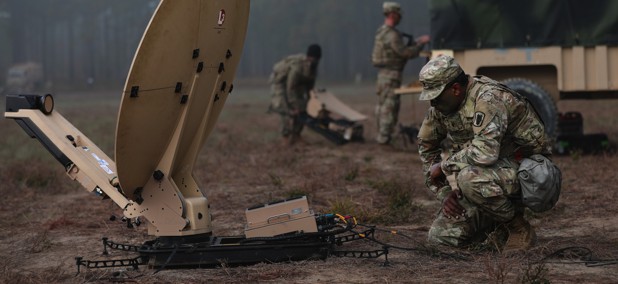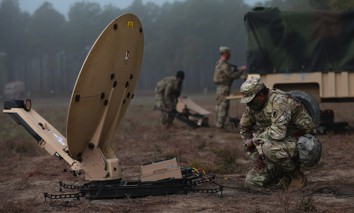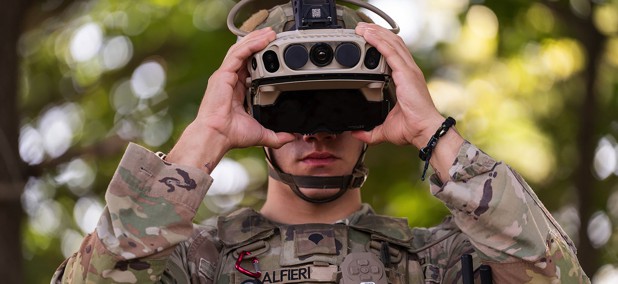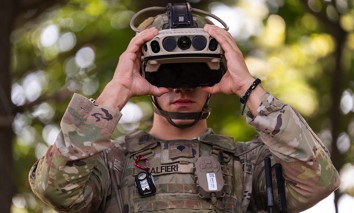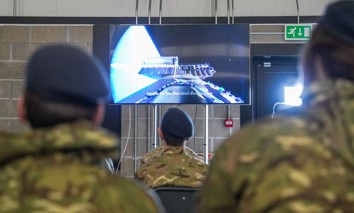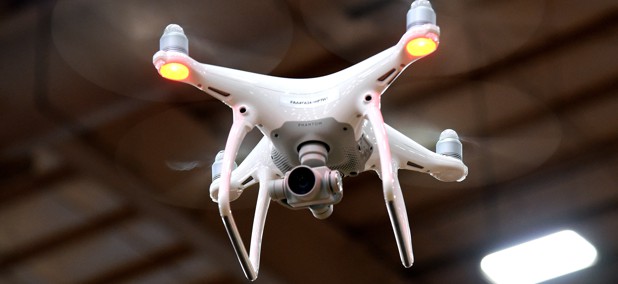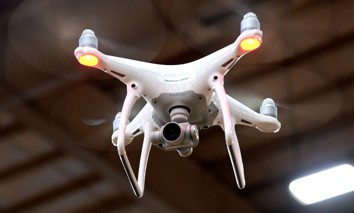Author Archive
Patrick Tucker
Science & Technology Editor, Defense One

Patrick Tucker is science and technology editor for Defense One. He’s also the author of The Naked Future: What Happens in a World That Anticipates Your Every Move? (Current, 2014). Previously, Tucker was deputy editor for The Futurist for nine years. Tucker has written about emerging technology in Slate, The Sun, MIT Technology Review, Wilson Quarterly, The American Legion Magazine, BBC News Magazine, Utne Reader, and elsewhere.
Defense
DARPA wants to use AI to find new rare minerals
With spectral analysis, it’s possible to “tell the difference [between] cocaine that came from one cartel’s area of Colombia versus another.”
- By Patrick Tucker
Cybersecurity
China is seeking ways to disrupt daily American life should a conflict erupt, Pentagon’s IT leader says
The DISA director also wants more transparency from the IT companies it hires.
- By Patrick Tucker
Defense
How AI is turning satellite imagery into a window on the future
What can a picture from space tell you? “You're likely to have a drought here that might lead to civil unrest.”
- By Patrick Tucker
Defense
The US is still falling behind on electronic warfare, special operators warn
New space and low-power solutions are needed to operate against modern jamming.
- By Patrick Tucker
Defense
Giant military manta ray drone passes first ocean test
Manta Ray prototype demonstrates propulsion, steering in step toward “real-world operations.”
- By Patrick Tucker
Defense
How digital engineering could produce new weapons faster
“This enables process automation more broadly,” GDIT engineer says of new accelerator.
- By Patrick Tucker
Emerging Tech
New bill would greatly expand Defense Department quantum efforts
Proposed legislation would establish a quantum advisor and a new center of excellence.
- By Patrick Tucker
Artificial Intelligence
US-UK safety pact could shape the future of AI
Two research institutes will collaborate on AI safety tests, among other things.
- By Patrick Tucker
Defense
Software delay will reduce F-35 deliveries for a second straight year
Lockheed says the TR-3 upgrade, due last year, has slipped to third quarter of 2024.
- By Patrick Tucker
Defense
The Pentagon is already testing tomorrow’s AI-powered swarm drones, ships
DOD pulled off unmanned amphibious landings, self-coding drones, and more just in the last year. What's next?
- By Patrick Tucker
Artificial Intelligence
How often does ChatGPT push misinformation?
Researchers found that one of the most popular generative-AI tools agreed with false statements up to one-quarter of the time.
- By Patrick Tucker
Featured eBooks
Defense
With continued Western support in question, Ukraine is betting on innovation in electronic warfare, drones
Ukraine has no plans to “freeze” operations this winter, its defense attache said.
- By Patrick Tucker
Defense
The military’s zero-trust plans are about to face a big test
An INDOPACOM exercise will test the military’s data-centric security strategy.
- By Patrick Tucker
Defense
Air Forces Cyber turns focus to information operations
New training effort will teach how to target disinformation campaigns and how to influence audiences.
- By Patrick Tucker
Defense
The next drone war is coming to Gaza
The world could soon glimpse how soldiers use drones and personal data to find targets.
- By Patrick Tucker
Defense
Army’s hyperconnected visions depend on new approaches to software, networks
Empowering A-teams and Pacific allies requires overcoming barriers to secure access to data.
- By Patrick Tucker
Defense
Army headset’s latest version clears hurdle, but service wishlist remains long
Service approves further development after Microsoft’s IVAS 1.2 proves lighter, crisper.
- By Patrick Tucker
Defense
Space Force contracts for new ‘zero-trust’ data protection
It’s hard to upgrade infrastructure, especially if it's related to space.
- By Patrick Tucker
Emerging Tech
New Chinese research examines how to get drones to target without GPS
But camera data can’t tell a drone whether hitting a target is a bad idea.
- By Patrick Tucker
Defense
Army hopes big-data techniques can help secure its clouds
“Multifactor authentication will not be enough,” said the Army’s senior cyber leader.
- By Patrick Tucker














